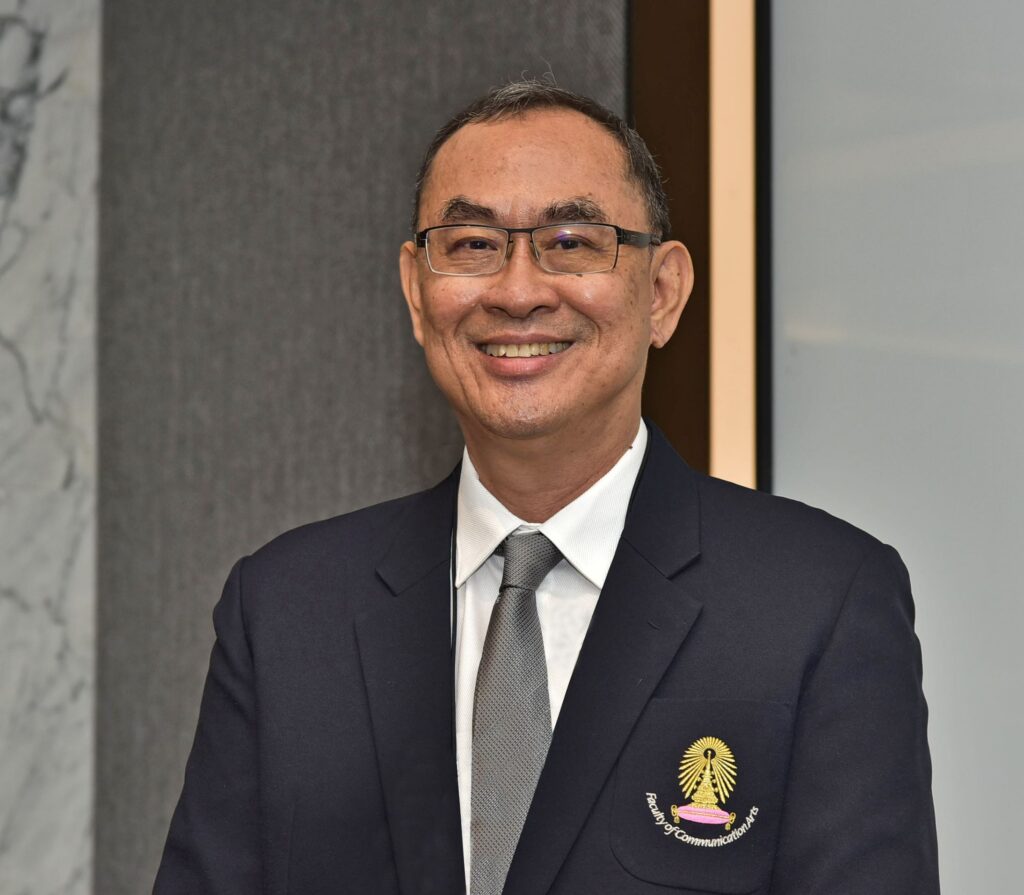Newswise — Thailand’s aging society inevitably leads to a need for those aged 60 and above to adapt to the digital society by learning about technology. This challenge is the inspiration behind Assoc. Prof. Dr. Phnom Kleechaya, Faculty of Communication Arts, Chulalongkorn University, to conduct research on “Development of elderly’s technology intelligence to strengthen their security in income, health and living upon new normal aging society,” which received the Research Award 2024 in Information Technology and Communication Arts from the National Research Council of Thailand (NRCT).

Assoc. Prof. Dr. Phnom, head of the research project, explained that the research was conducted under the Faculty of Communication Arts’ Digital Intelligence and Literacy Research Unit (DIRU) and was funded by the Foundation of Thai Gerontology Research and Development Institute. The purpose of the project was to create Active Aging through digitalization, i.e., helping the elderly navigate the digital society to the fullest, with an emphasis on using technology to generate income, achieving better health and quality of life.

The research has found that for the elderly to survive in a digital society, they need to change their perspective and acknowledge the opportunities that arise from technology, new ways of life, and generation gap. A platform is needed to help the elderly safely navigate technology and access government welfare offered online. They need to also obtain a sense of pride before they can use technology to gain income stability.
Many methods are suggested in the research, including educating, creating platforms, creating online content, boosting up pride before generating income, and creating understanding and collaboration among the elderly.
Assoc. Prof. Dr. Phnom’s message to the younger researchers is that “Problems in society should be perceived with empathy. This research resulted from seeing the problem of a generation gap, especially with the elderly who need to adapt to the digital society. The research can be expanded into a policy to manage the paradigm of the elderly at present and in the future.”
In the future, Assoc. Prof. Dr. Phnom plans to conduct research and productions, such as video clips that reflect perspectives on problems in the three southernmost provinces in a “Rashomon” style by presenting situations from “different angles and perspectives.” The goal is to portray reality that has been perceived differently or told from various perspectives that are self-contradictory, as well as study the problems in the dimensions that have not been presented before.

